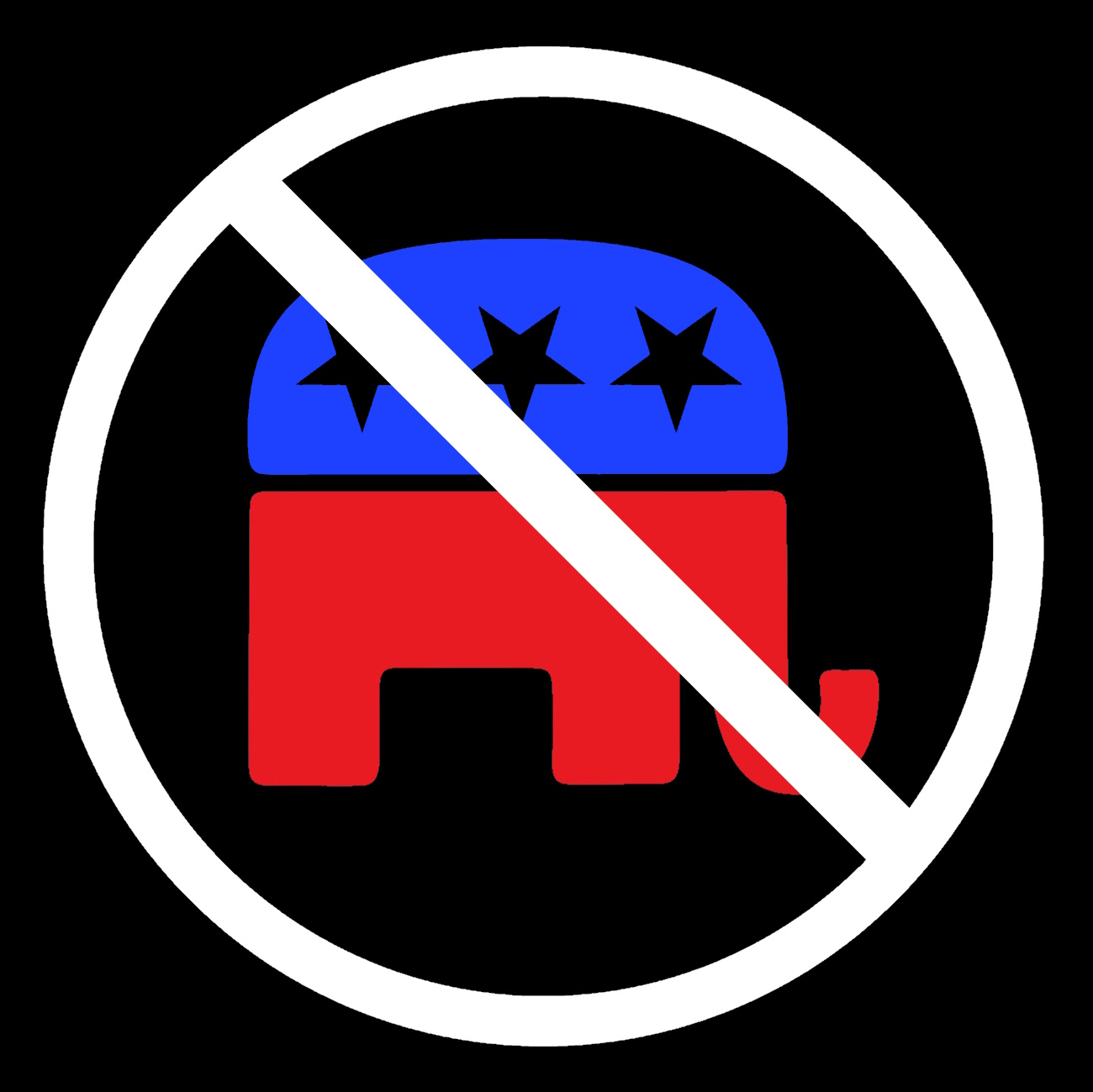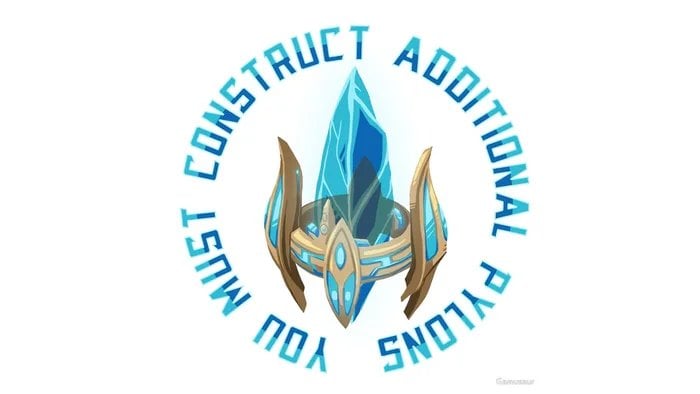Difference:
Liberal - if you appear racist, etc, I will say so.
Conservative - if you disagree with my worldview, I will harass you, pass laws that force you to live like I think you should, dictate what you can do with your body, how you will raise your kids, and what books will be in the schools that all of our tax dollars pay for.
“Waaaaah, liberals won’t tolerate intolerance! 😭”
I say this as a left-leaning person, I think Liberals do have a tendency to tear anybody down at the slightest whiff of even potential unintended non-political correctness. “Oh, you misused the terms ‘sex’ and ‘gender’ in the point you were trying to make?” or “You’re attempting to say anything mildly critical about women or minorities?” or even just people having legitimate misunderstandings about issues will cause them to get accused of some flavor of -ism. Granted, Conservatives seem to go out of their way to be blatantly ignorant fucktards, but I think even fellow Liberals and middle-of-the-roaders aren’t spared from this treatment.
I really don’t understand what Liberal means in an American context. I’m a certified anarchist myself, hang out with left leaning folks from all walks of life, some very moderate, some more radical than I am and I never heard these types of comments and attacks. I sincerely don’t get it. Is it some kind of Twitter trend I’m too lemming to understand? Are America and Europe so different? Don’t get me wrong, I’m all for calling out racists and sexists, but I don’t think I’ve seen those terms being applied to people for frivolous or far fetched reasons.
When Americans say liberal they’re talking mainly about social issues like support of LGBT+ rights, abortion, etc. They’re also usually for social economic programs, although this can encompass a broad range of issues with varying amounts of support, like universal basic income, more safety nets for low income people, higher taxes on the rich, universal or easier access to health care, etc.
There isn’t a direct equivalent in my language, indeed. But isn’t that basically well, “the left” (with all its nuances) ? I often see comments about liberals from American left leaning individuals, but if it’s true that people are called out for being racists, sexists, bigots or whatever, I rarely see this accusation based on nothing, for “points” in my country. I could find one or two if I think for long enough, but in my country at least, I’d struggle to think of people being called out without even strong suspicions of dark stuff going on (sexual harassment charges, clearly racists comments, and so on). So I was wondering if the comment above was just making a classic right wing point, or if there’s indeed something specific with the American liberals.
But isn’t that basically well, “the left” (with all its nuances)
Globally in English I think “liberal” mostly refers more to the economic policy of letting companies do what they want without regulation, which is a right wing policy. Some people take a harder line on this and say that anyone in support of capitalism at all, even with strong social programs in place (like what you might find in countries like Sweden (or Denmark?)) is a right wing position, and you need to be in favor of communism or socialism (or maybe certain flavors of anarchy) to be considered left.
I was wondering if the comment above was just making a classic right wing point
In terms of social issues, I don’t really know if it’s unique to the US, but there’s a tendency in the states in (socially) liberal circles to have sort of “purity tests” in order to fit in. Like if you support most liberal issues like LGBT+ rights, pro-abortion, etc, but maybe you have one issue that you’re not firmly on the left about. Say you don’t agree that situation X counts as cultural appropriation, you might find yourself ostracized from a particular liberal group because you’re not “pure” enough to count as liberal, even if almost all your positions line up otherwise.
Depending on the maturity and life experience of the group and also how non-liberal your position is the acceptance into the group can vary. But these types of policy “checks” are stereotypically more important in liberal circles than conservative ones. However, I admit to not having much experience with what passes for regular (as in, non-government) conservatives, so it might end up being somewhat similar in certain cases. Like if you’re generally ok with LGBT issues maybe hardcore Christian groups might not accept you, even if you’re anti-abortion.




